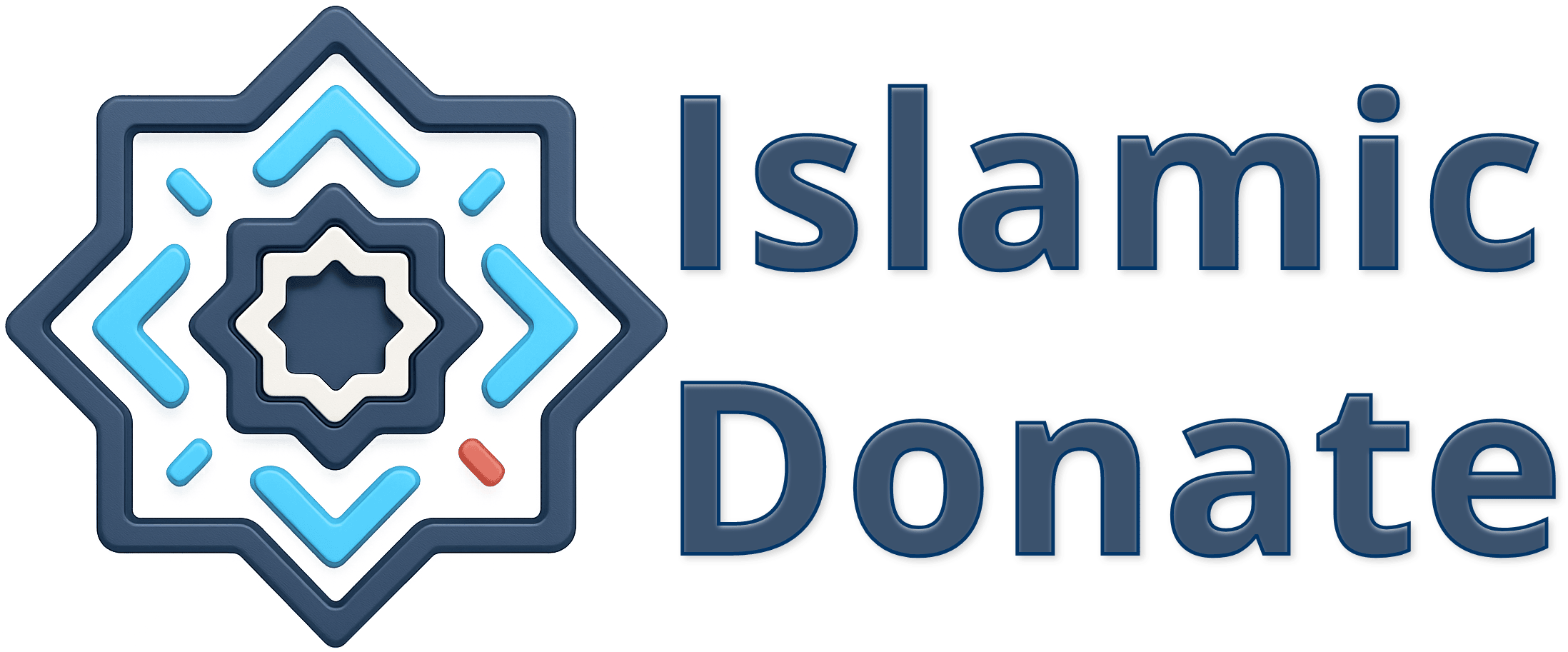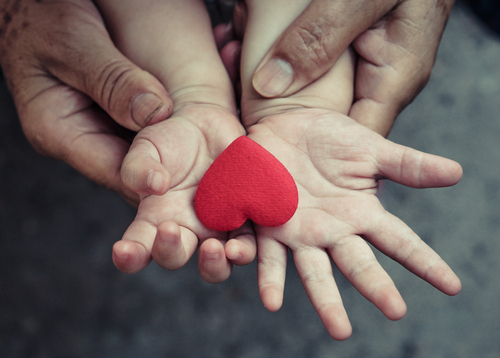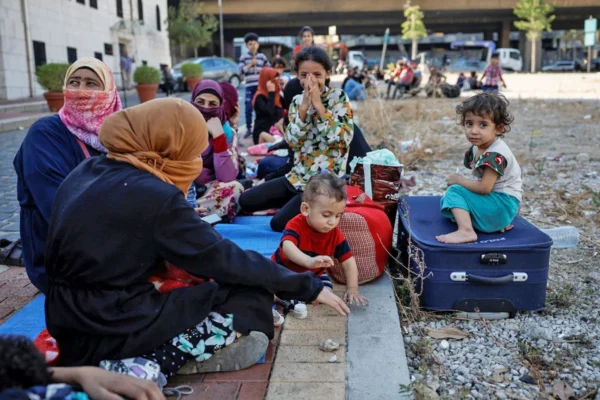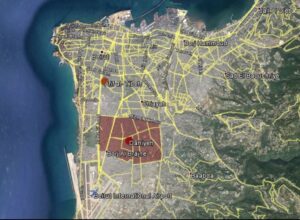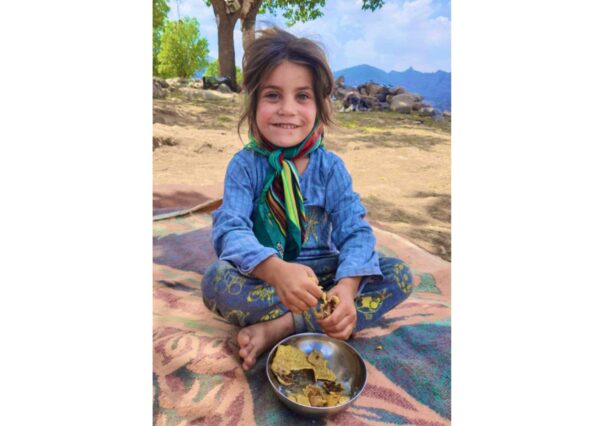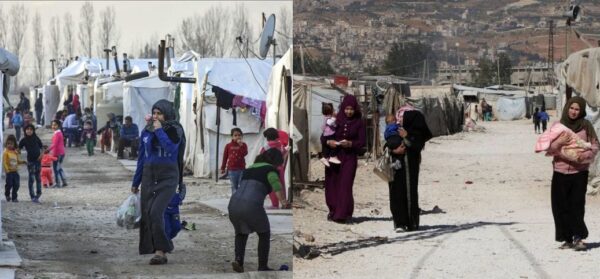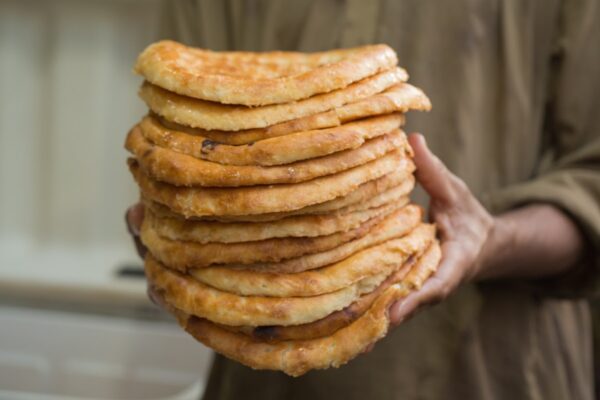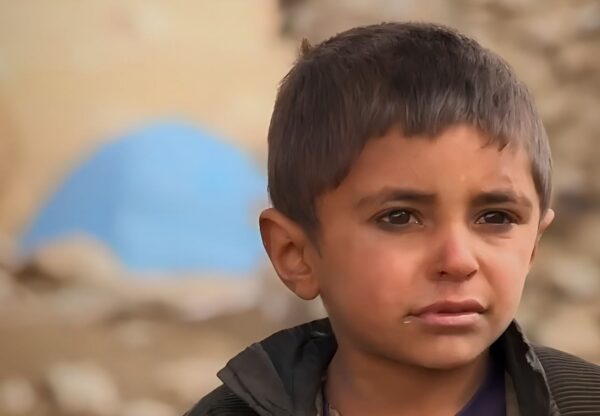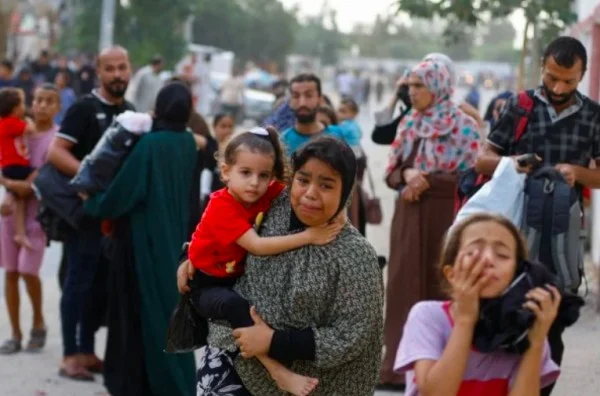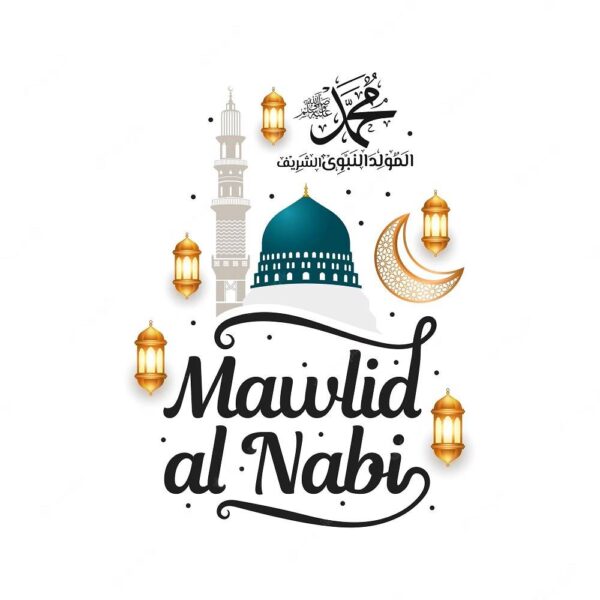The Roots of Sadaqah in Islam
Giving sadaqah, or voluntary charity, is deeply rooted in Islamic teachings and is a powerful act of worship. As Muslims, we understand that sadaqah not only benefits the receiver but also enriches the giver’s soul, bringing them closer to Allah and earning immense rewards. Let’s explore why this noble act is so cherished and what intentions drive us to give.
The Divine Command for Charity
Sadaqah holds a special place in Islam as a demonstration of faith and gratitude. The Quran emphasizes the significance of charity multiple times:
“The example of those who spend their wealth in the way of Allah is like a seed [of grain], which grows seven spikes; in every spike is a hundred grains. And Allah multiplies [His reward] for whom He wills.” (Surah Al-Baqarah, 2:261)
“مَّثَلُ الَّذِينَ يُنفِقُونَ أَمْوَالَهُمْ فِي سَبِيلِ اللَّهِ كَمَثَلِ حَبَّةٍ أَنبَتَتْ سَبْعَ سَنَابِلَ فِي كُلِّ سُنبُلَةٍ مِّائَةُ حَبَّةٍ ۗ وَاللَّهُ يُضَاعِفُ لِمَن يَشَاءُ ۗ وَاللَّهُ وَاسِعٌ عَلِيمٌ” (Surah Al-Baqarah, 2:261)
Through this verse, we see how Allah magnifies the reward for those who give with sincerity. Beyond the rewards, sadaqah cleanses our wealth and purifies our hearts.
The Prophet Muhammad ﷺ also said, “Charity extinguishes sins just as water extinguishes fire.”
This profound statement reminds us that sadaqah has the power to cleanse us spiritually while easing the burdens of others.
Intentions Behind Giving Sadaqah
Many Muslims give sadaqah daily to invite barakah into their lives. By giving, they aim to ensure their wealth grows in unseen ways and their lives are filled with peace and prosperity.
The act of giving is not merely transactional; it is deeply spiritual. Our intentions are what elevate the act of sadaqah into an act of ibadah (worship): (Definition of Ibadah in Islam)
- Seeking Barakah (Blessings): Many Muslims give sadaqah with the hope of increasing their sustenance, health, and overall blessings in life. Allah promises barakah for those who are generous, even when they have little.
- Compensating for Sins: Aware of our human imperfections, we give charity as an expiation for mistakes, seeking forgiveness from Allah. The Prophet ﷺ said, “Charity does not decrease wealth.” Instead, it protects us from harm and shields us from misfortune.
- Gaining Closeness to Allah: Sadaqah is an act of love and devotion. By giving, we fulfill the divine command and strengthen our connection with the Creator.
- Helping Those in Need: At its heart, sadaqah is about alleviating the pain and suffering of others. By sharing our blessings, we remind ourselves of the collective responsibility we have as an ummah (community).
How Is Charity Spent?
As an Islamic charity institution, we ensure that every satoshi of sadaqah is utilized according to Islamic principles. Here’s how your contributions make a difference:
- Feeding the Hungry: Daily meals are distributed to families and individuals struggling with poverty.
- Supporting Orphans and Widows: We provide care, education, and essentials to vulnerable groups.
- Planting Olive and Fig Trees: This sustainable initiative benefits communities for generations.
- Building Schools and Clinics: Education and healthcare are critical to breaking the cycle of poverty.
- Emergency Aid: During crises, such as natural disasters or conflicts, your sadaqah delivers immediate relief.
The Modern Way to Give Sadaqah
In today’s world, technology offers new ways to fulfill this timeless obligation. You can now pay sadaqah on the blockchain through our Islamic charity institution. Simply copy our wallet address and donate using Bitcoin, Ethereum, or stablecoins(USDT, USDC, DAI,…) of your choice. This secure and transparent method ensures your contribution reaches those in need efficiently and effectively.
The Eternal Rewards of Sadaqah
By giving sadaqah, we not only bring ease to others but also prepare for our eternal home in the Hereafter. Let us remember the words of the Prophet ﷺ: “The believer’s shade on the Day of Resurrection will be their charity.”
No amount is too small in the eyes of Allah. Every act of charity, no matter how humble, carries immense value when done sincerely. Prophet Muhammad (peace be upon him): “Protect yourself from Hellfire, even by giving a piece of a date as charity.” (Bukhari)
At Our Islamic Charity, we invite you to join us in spreading goodness and earning immense rewards. Together, we can create a world where no one is left hungry, forgotten, or alone. May Allah accept our efforts and grant us barakah in this life and the next.
Ameen.

